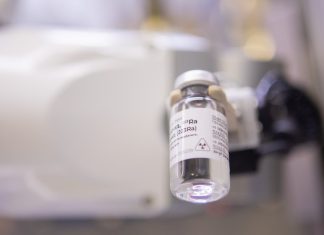The Russian Ministry of Health has recently released an updated list of rare (orphan) diseases, including two new additions. The updated list of 288 items now includes enteropathic acrodermatitis and Still’s disease in adults.
Acrodermatitis enteropathica is an autosomal recessive metabolic disorder affecting the uptake of zinc through the inner lining of the bowel, the mucous membrane. It is characterized by inflammation of the skin (dermatitis) around bodily openings (periorificial) and the tips of fingers and toes (acral), hair loss (alopecia), and diarrhea.
Still’s disease is a rare (incidence: 1-34 cases per 1 million people) multisystem inflammatory disease of unknown etiology, which is classified as rheumatoid arthritis. The main manifestations of the disease are prolonged fever, arthritis or persistent arthralgia, maculopapular rash and others. Additional signs are lymphadenopathy, hepatosplenomegaly, polyserositis, nasopharyngeal infection.
In the summer of 2023, the Russian company Generium received permission from the Ministry of Health to conduct a clinical trial of canakinumab, which is an analogue of Ilaris from Novartis, in patients with adult Still’s disease with repeated administration. The experiment will tentatively end in 2026.




